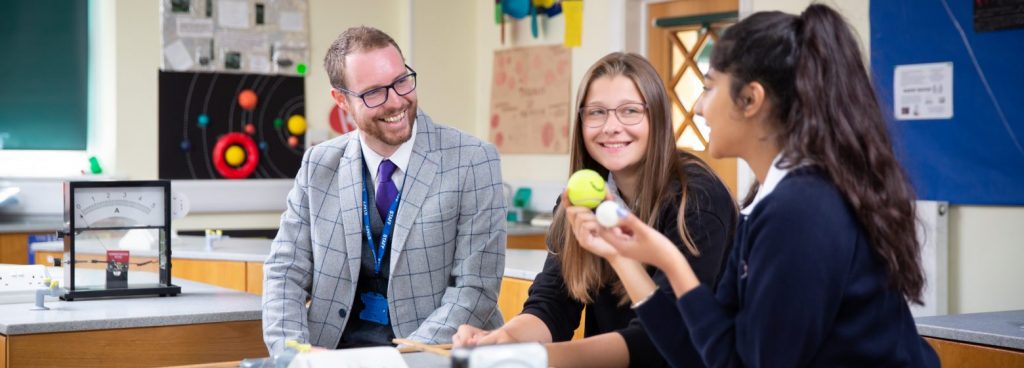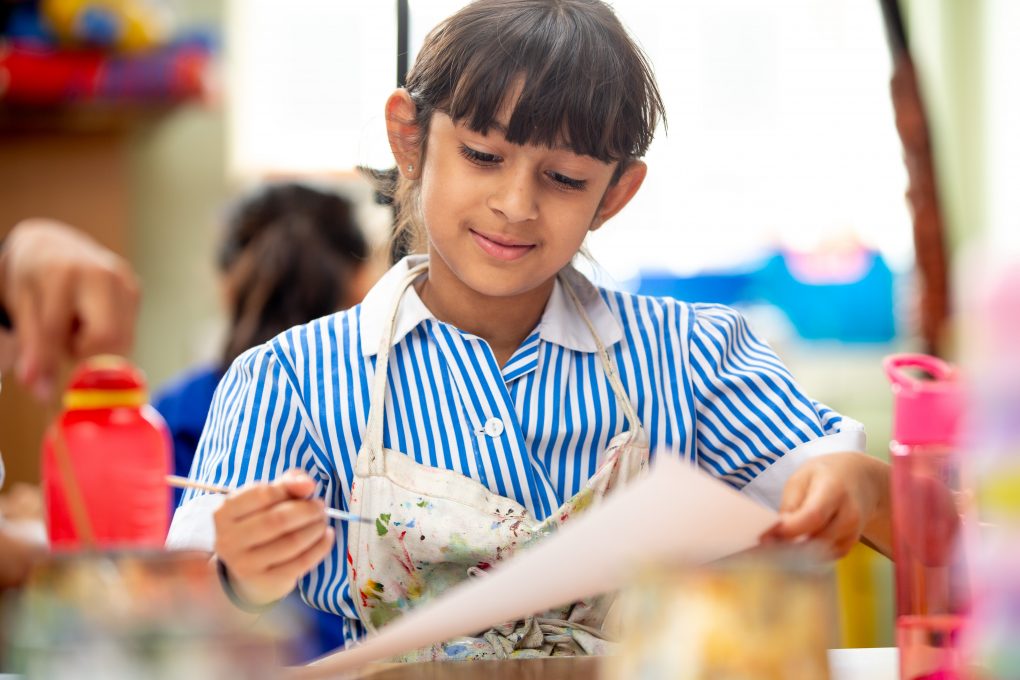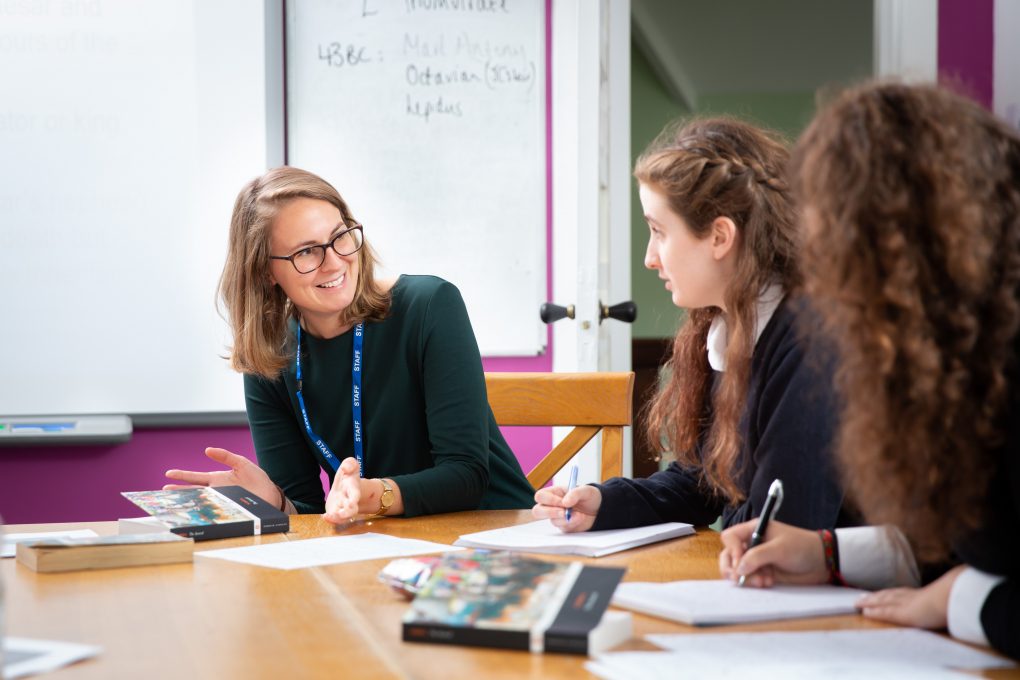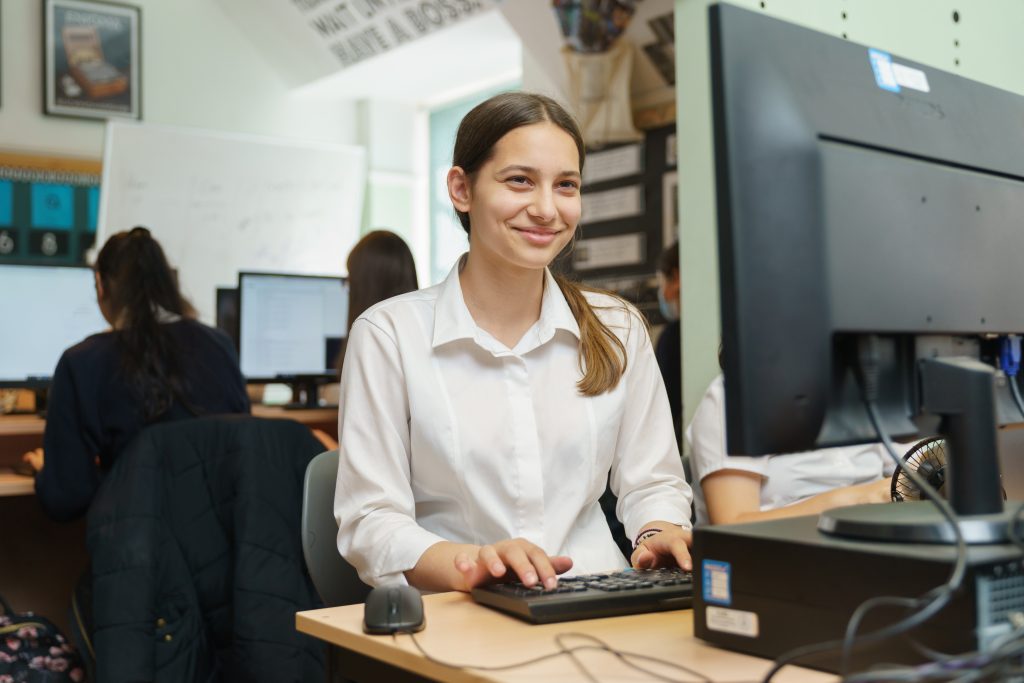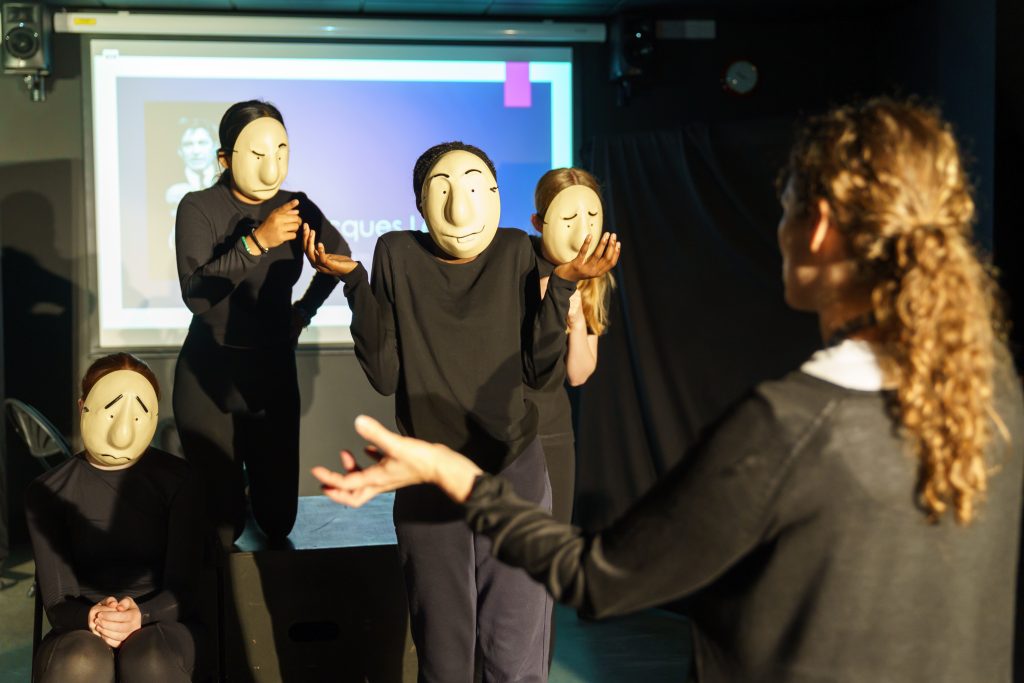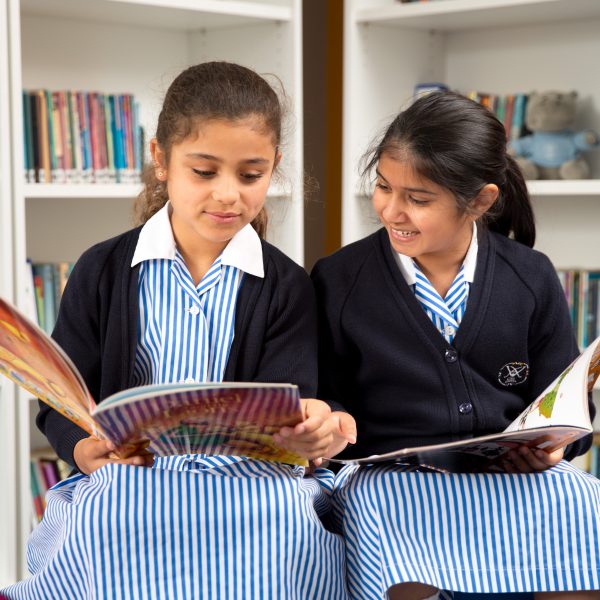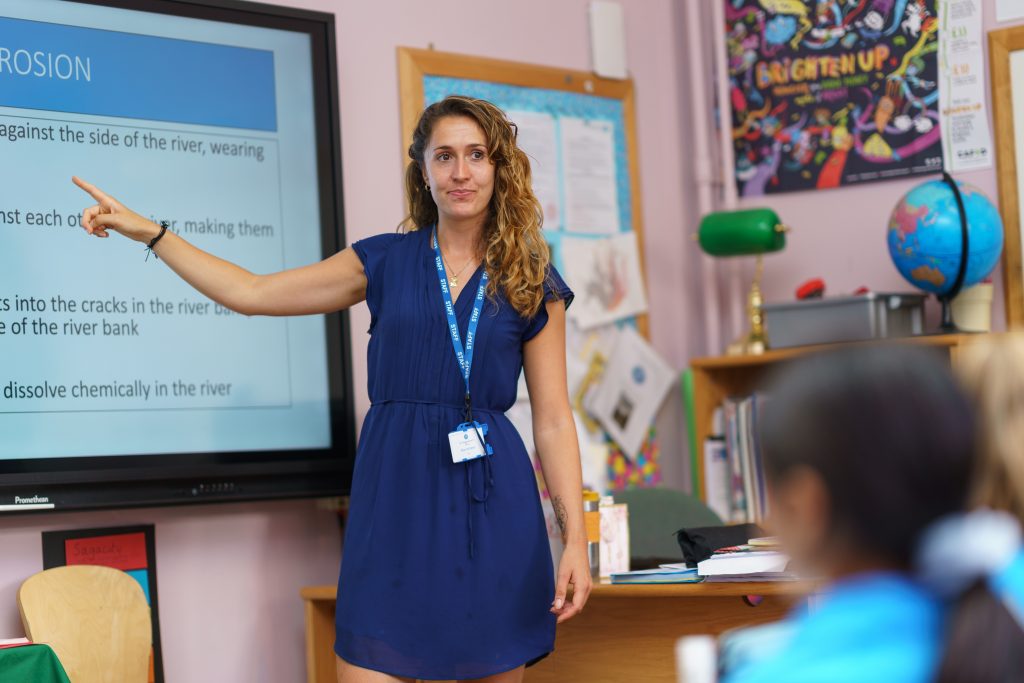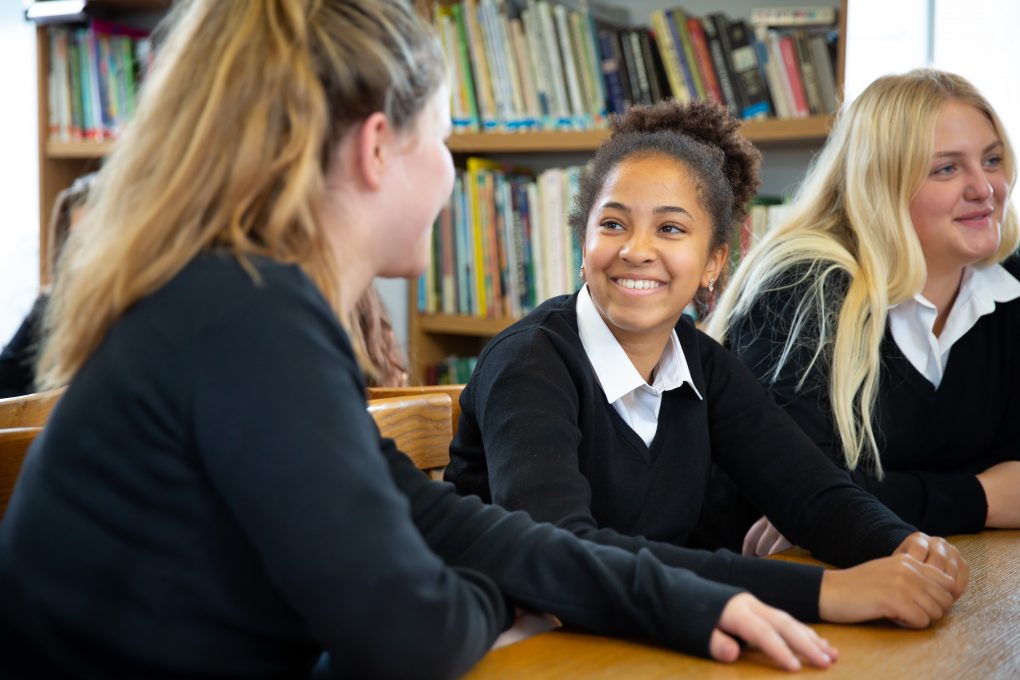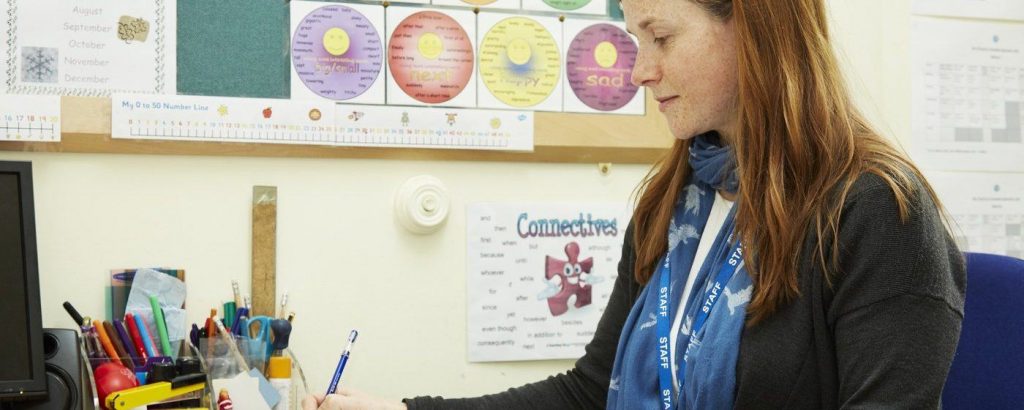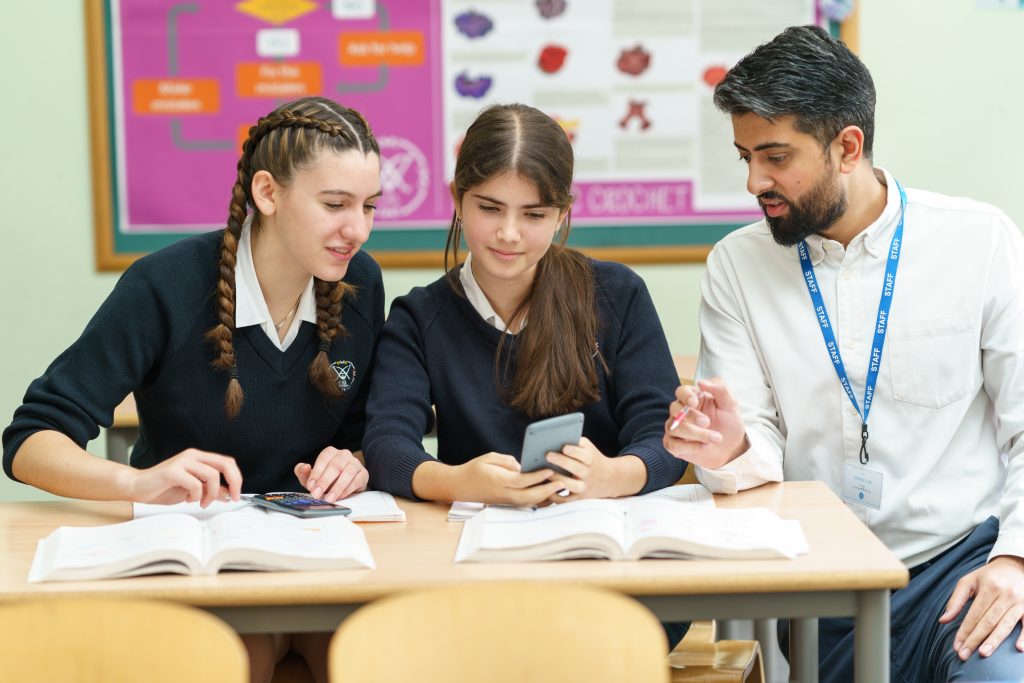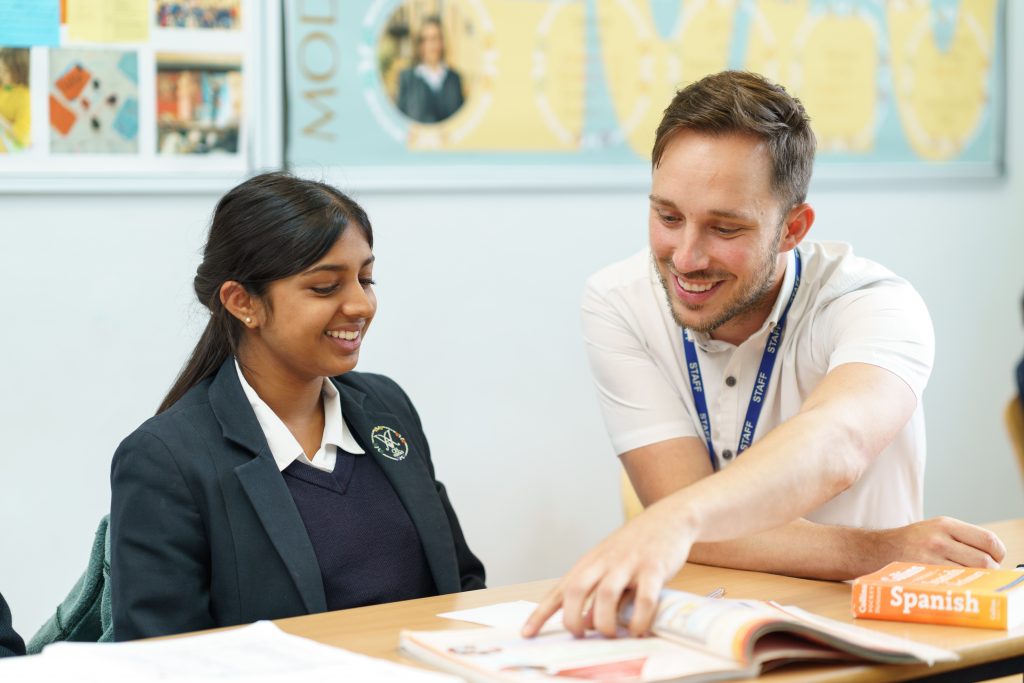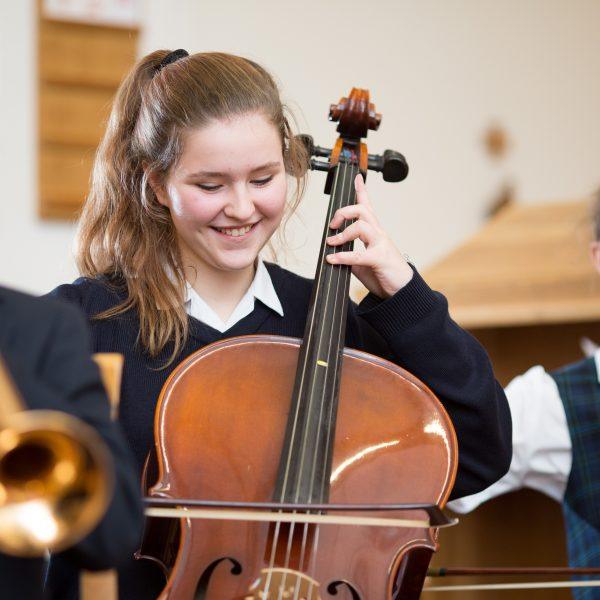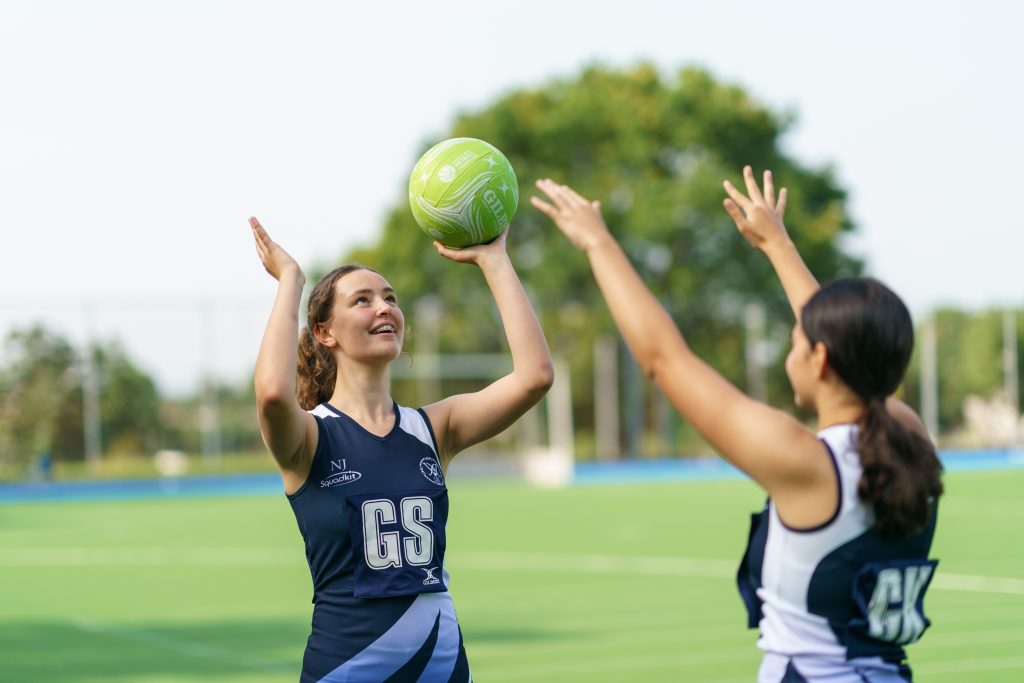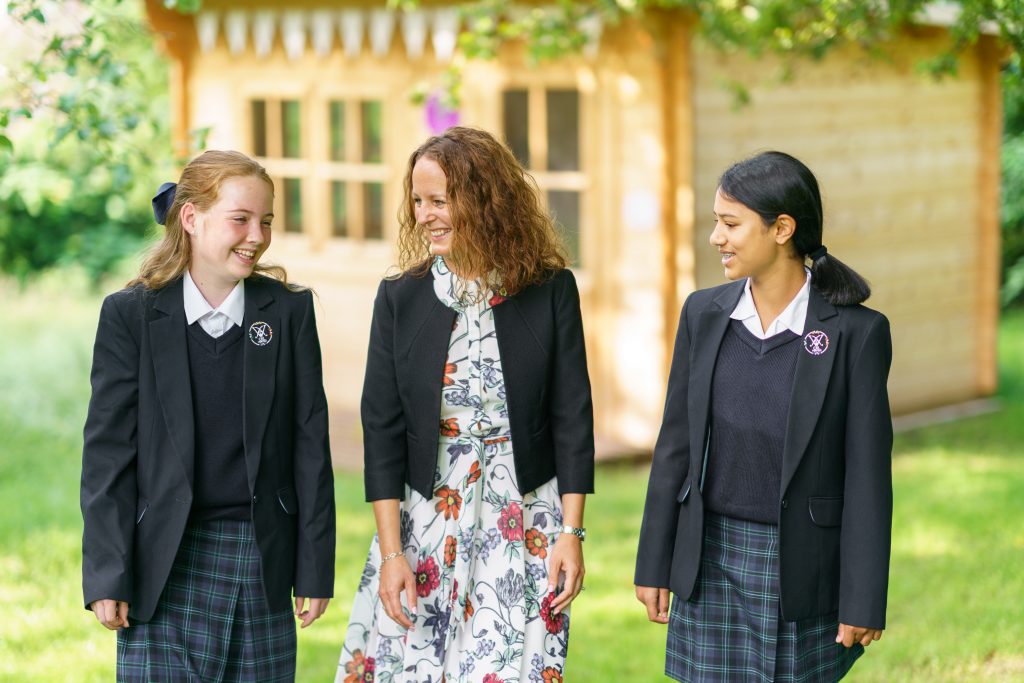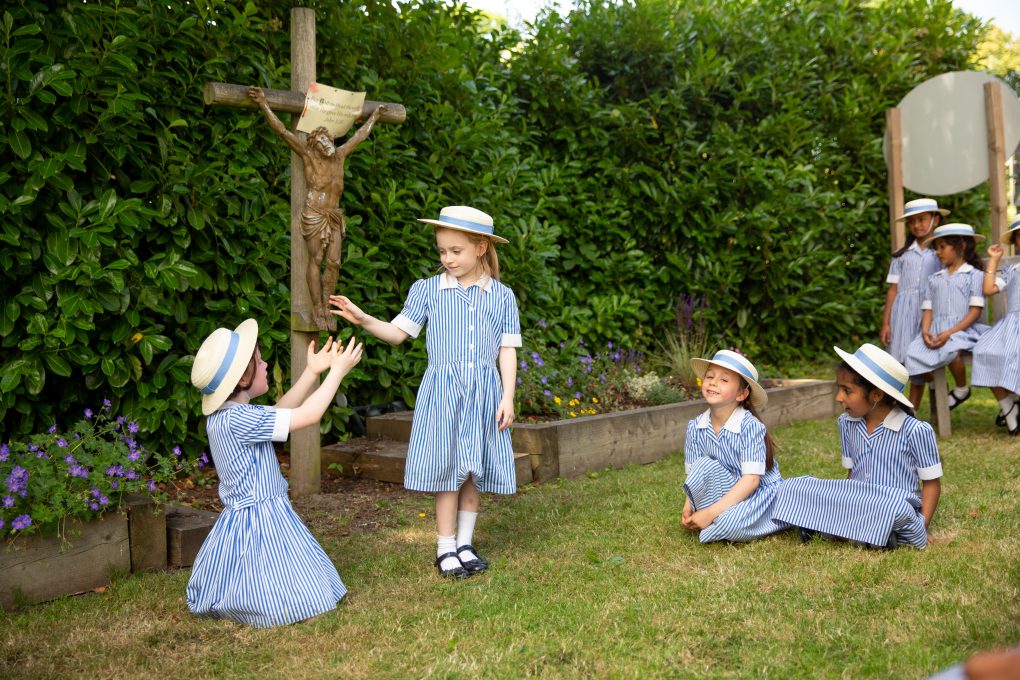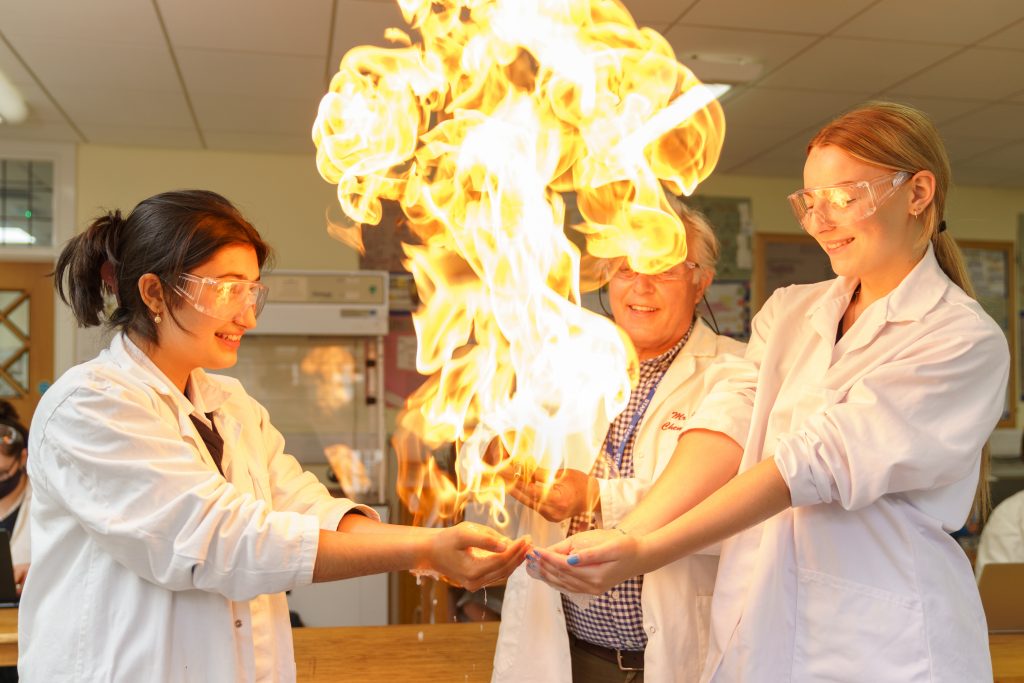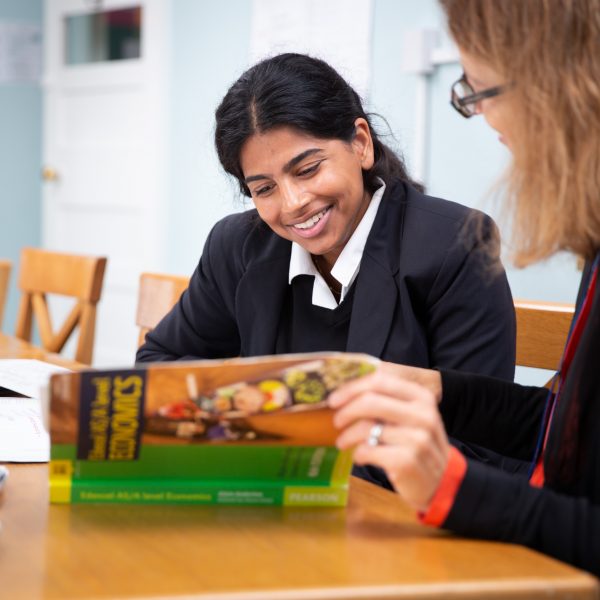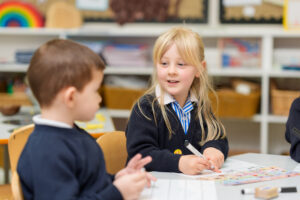The PE Department at St Augustine’s Priory is vibrant and energetic whose aim is to give all girls the opportunity to participate in a broad and balanced curriculum. We strive for every girl to achieve success in both curricular and extra-curricular activities working to the best of her ability and to gain an understanding of the role of sport in a balanced lifestyle throughout their life. Our teams consistently excel in local and national fixtures
Pre-Preps (Nursery to Year 2)
We are proud that all students at St Augustine’s Priory are taught by subject specialists. Building fundamental movement skills are essential to a child’s development. During the Pre-Preps, girls develop foundation skills of running; jumping; throwing; skipping, alongside some Gymnastic, Dance and Athletic activities. As girls progress through the Pre-Preps, competition and more sports specific experiences are introduced to help to transition students to the Prep programme.
Preps (Years 3 – 6)
During the Prep programme, girls build on foundation skills and are introduced to sport specific skills and activities. We teach students skills which are transferrable across a range of sports so students have the tool kit to enjoy and participate in a range of activities from netball and football to Tag Rugby and Handball.
In the Preps we commence baseline fitness testing to monitor fitness against National Standards. Girls participate in activities such as Netball, Football, Hockey, Dance, Gymnastics, Fitness, Athletics, Rounders and Tennis. Swimming takes place at a local swimming pool from Years 3-5.
Years 7-9 (Key Stage 3)
Our focus during Key Stage 3 is to enhance sport specific skills and to encourage all pupils to undertake a healthy and active lifestyle. We teach pupils the principles of the games such as width, attacking strategies, defensive formations which can be transferred between activities. This allows girls to turn their hand to any game and approach them with confidence.
Baseline fitness testing continues to ensure we are encouraging understanding of health and fitness. Girls participate in activities such as Netball, Football, Hockey, Dance, Gymnastics, Fitness, Tag Rugby, Athletics, Rounders and Tennis.
Years 10-11 (Key Stage 4)
PE is compulsory for all pupils in Key Stage 4 and can be taken as a GCSE and we are proud of our latest results which 60% of students achieved an 8/9.
At this stage, our focus is on the importance of a healthy and active lifestyle for the future, ensuring girls maintain physical activity in later life. We have workshops and instructors to give pupils a greater exposure to the different ways to stay healthy and active. Pupil voice is central to our delivery to ensure all pupils have a positive experience in PE.
Years 12-13 (Key Stage 5)
PE is compulsory for all pupils in Key Stage 5 and our latest inspection highlighted the value which students place on this. The aims during this programme is both to maintain a healthy and active lifestyle and to provide a physical respite from studying. Girls are encouraged to undertake leadership opportunities with junior age groups to support UCAS statements. To encourage participation, we have partnerships with Pitshanger Gym to give students the opportunity to access a Gym and improve their fitness.
A Level PE is also offered, a course which is diverse and challenging, incorporating Sport, Science and Maths. Students have attained grades from A* – C and many have gone on to study Sport at university.
Co-curricular and Enrichment
We are pleased to offer extra curricular opportunities for all students from Nursery to Priory Sixth. We offer a range of clubs before, during and after school to give all girls the opportunity to develop their performance in PE and Sport. In the Pre – Preps we offer extra-curricular opportunities to enhance girls’ fundamental skills such as Gymnastics, Yoga and Tennis.
In the Preps our broad curriculum is supported by a strong extra-curricular programme. We offer all girls the opportunity to participate in fixtures as it is important learning for all girls. Clubs vary from Cheerleading and Gymnastics to Cricket and Hockey.
At Key Stage 3, the extra-curricular programme caters for girls who wish to compete and represent the school as well as girls who are participating for fun and enjoyment. Netball, Cross Country and Hockey are popular as are Football Cricket and Cheerleading.
At Key Stage 4 the girls are supported by a strong extra-curricular programme, incorporating both competitive and open clubs to cater for all pupils. The Priory Netball Academy caters for our top flight netballers some of whom play for Mavericks, London Pulse and Middlesex and it is a great aspiration for our younger netballers.
We run sports tours and trips to create opportunities for girls to improve performance and understanding including netball tours in Paris and Hockey tour to Holland. Our girls have represented Middlesex and Ealing in the London Youth Games and we always recommend all students participate in sporting opportunities outside of school to further development.
Awards
We win tournaments and place cross country runners at the top of the field, for example in the Year 7/8 Ealing Cross Country Championships, the NLCS Netball Tournament, the U12 Middlesex Netball Qualifying and U12 and U13 Middlesex Hockey Qualifying, the Handball Competition of the London Youth Games, the Year 7 Ealing Indoor Athletics Competition and the Year 8 Ealing Indoor Athletics Competition.

